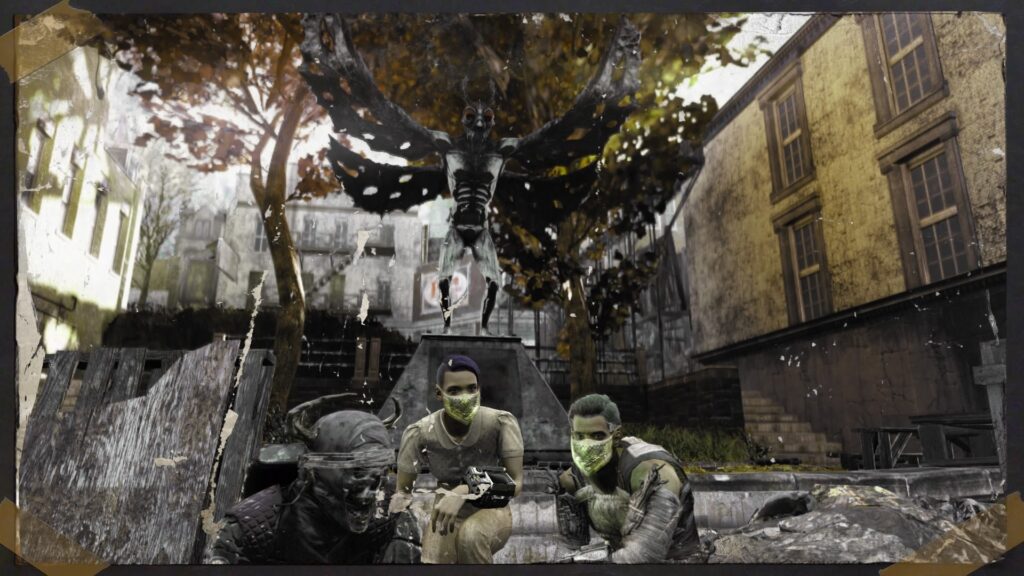I’ll preface this by admitting it, I game. I think gaming is great. Better yet, I think gaming is great for the neurodivergent mind.
Video games are often portrayed as the reason for violence, misbehaving children, and/or “just for kids”. None of that is true; however, without time limits, it can be attributed to heighten ADHD symptoms. Much like board games, gaming can provide a socially and mentally-engaging experience. It’s all about how you use it. Having difficulty bonding and working together? Try gaming as a wonderful bonding experience, whether you’re playing with your partner, kids, or friends. You learn to communicate better, compromise, and problem-solve together. When my children were younger, we especially enjoyed playing Super Mario Brothers: 3D, Super Smash Brothers, and Minecraft together. They are adolescents now, and while we still enjoy Minecraft, we also enjoy Overwatch, Fortnite, and Fallout 76.
The main importance when gaming is moderation, moderation, moderation. The ADHD brain almost seems tailor-made for video games, and that makes us want them all the more. It’s important to put a limit on it.

My gaming friends and I in front of the Mothman Statue in Fallout 76
So, let’s get down to it. Gaming: The good, the bad, and the ugly.
- The Good
- Video games:
- Have been used in therapy.
- Lessen severe symptoms associated with depression and anxiety.
- Release amounts of dopamine into our brains that are on par with alcohol and drugs.
- Provide practice for executive functioning skills and problem solving.
- Offer bonding opportunities with spouse or children
- Create communities, often filled with fellow ADHDers.
- Video games:
- The Bad
- Video games:
- Can exacerbate some ADHD symptoms.
- Particularly violent video games.
- More so in pre- and early puberty.
- Potentially exposes children to unsavory vocabulary and viewpoints.
- Can exacerbate some ADHD symptoms.
- Video games:
- The Ugly
- Video games:
- Are very rewarding to the neurodivergent brain and, therefore, habit forming.
- Posing addiction risk.
- Are very rewarding to the neurodivergent brain and, therefore, habit forming.
- Video games:

Sources:
Kulman. (2014). Playing smarter in a digital world : the LearningWorks for kids model for using popular video games and apps to teach executive functions. Specialty Press/A.D.D. Warehouse.
Mathews, Morrell, H. E. R., & Molle, J. E. (2019). Video game addiction, ADHD symptomatology, and video game reinforcement. American Journal of Drug and Alcohol Abuse., 45(1), 67–76. https://doi.org/10.1080/00952990.2018.1472269 Tiraboschi, G., West, G., Boers, E., Bohbot, V., Fitzpatrick, C. (2022) . Associations Between Video game engagement and ADHD symptoms in early adolescence. 21(10), 1369-1378